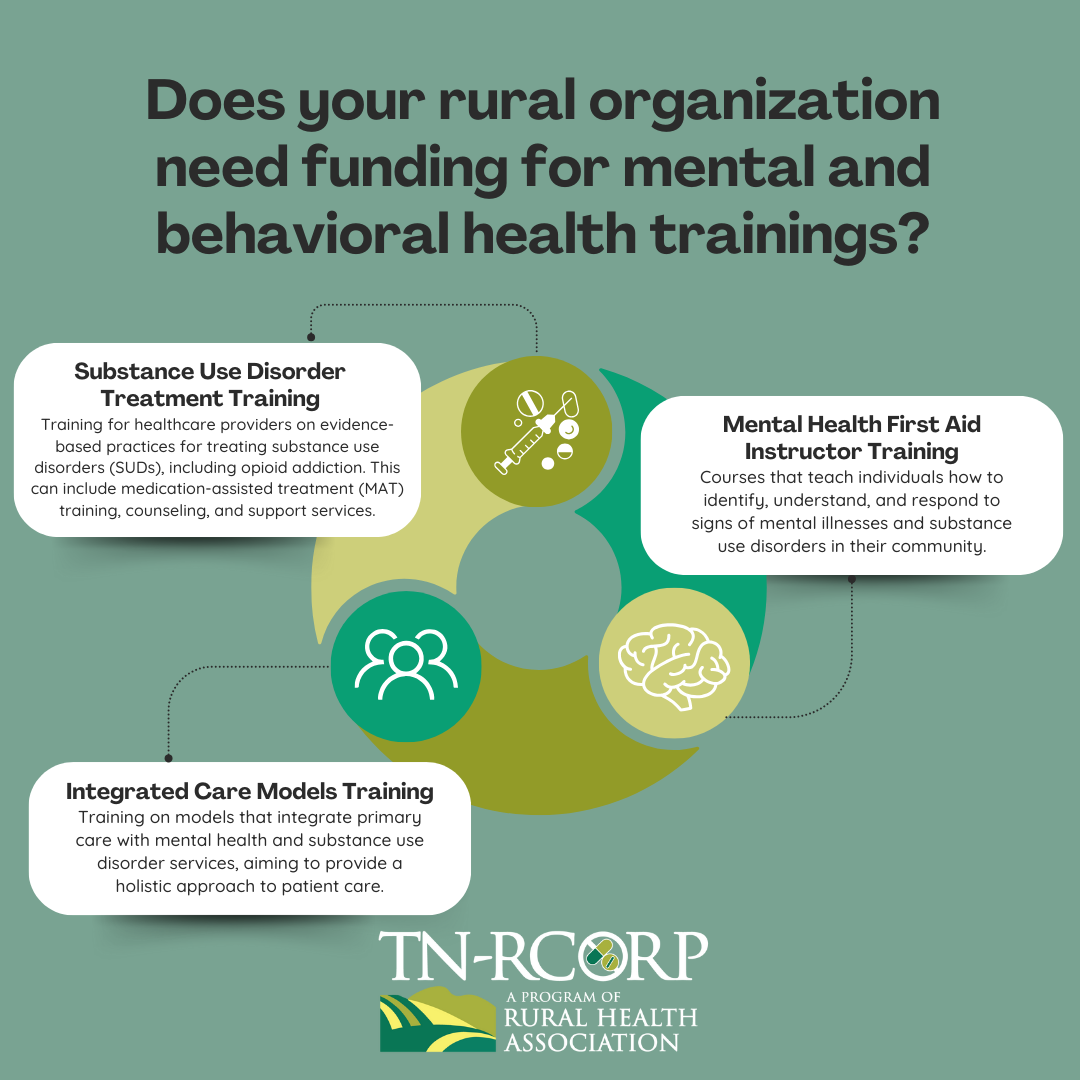 The Rural Health Association is offering funding for paraprofessional trainings benefiting mental and behavioral health for HRSA defined rural organizations. If your business is interested in training someone in your community or a staff member, please reach out to our RCORP director Jessica Rackley at [email protected]. Below you can find a list of trainings eligible for funding:
The Rural Health Association is offering funding for paraprofessional trainings benefiting mental and behavioral health for HRSA defined rural organizations. If your business is interested in training someone in your community or a staff member, please reach out to our RCORP director Jessica Rackley at [email protected]. Below you can find a list of trainings eligible for funding:
Substance Use Disorder Treatment Training: Training for healthcare providers on evidence-based practices for treating substance use disorders (SUDs), including opioid addiction. This can include medication-assisted treatment (MAT) training, counseling, and support services.
Mental Health First Aid Instructor training: Courses that teach individuals how to identify, understand, and respond to signs of mental illnesses and substance use disorders in their community.
Cultural Competency Training: Training for healthcare providers on how to effectively address and treat the unique needs of diverse rural populations, including understanding cultural differences, stigma, and barriers to accessing care.
Integrated Care Models Training: Training on models that integrate primary care with mental health and substance use disorder services, aiming to provide a holistic approach to patient care.
Stipends for Peer Support Specialist Certification: Training for individuals with lived experience of SUDs to become certified peer support specialists, offering guidance and support to others undergoing treatment and recovery.
Prevention Strategies Training: Training on implementing community-based strategies to prevent substance misuse and addiction, including education on the risks of opioid use and strategies to reduce prescription drug misuse.
Stigma Reduction Training: Programs aimed at reducing the stigma associated with mental health and substance use disorders, encouraging individuals to seek help and support.
Leadership and Program Development Training: training on program development, management, and sustainability.


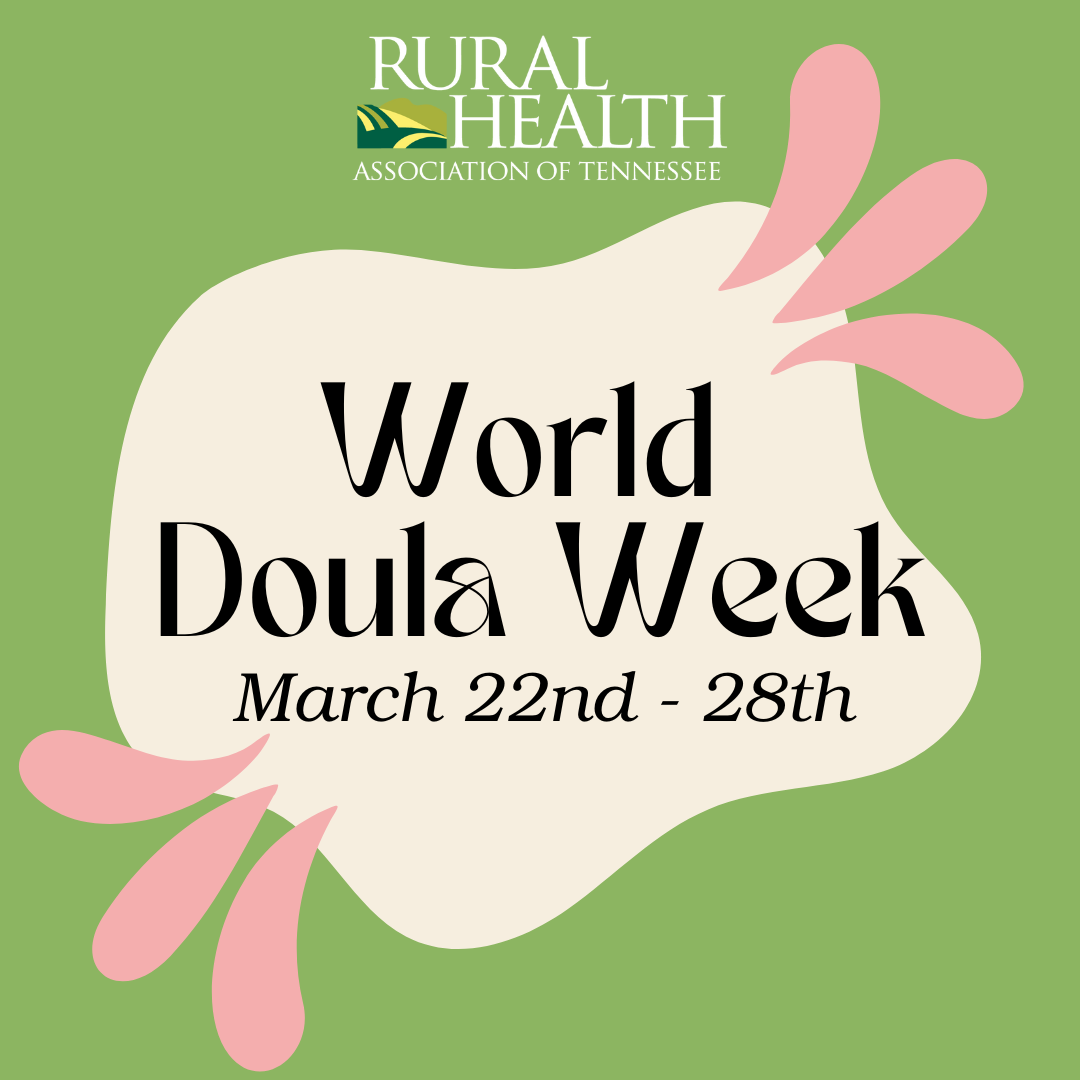 World Doula Week holds significant importance in raising awareness about the invaluable role of doulas in maternal and infant healthcare. Doulas, often referred to as birth companions or birth coaches, provide physical, emotional, and informational support to mothers before, during, and after childbirth. This week-long observance serves as a platform to highlight the vital contributions doulas make in promoting positive birth experiences, reducing medical interventions, and supporting the overall well-being of mothers and babies worldwide.
World Doula Week holds significant importance in raising awareness about the invaluable role of doulas in maternal and infant healthcare. Doulas, often referred to as birth companions or birth coaches, provide physical, emotional, and informational support to mothers before, during, and after childbirth. This week-long observance serves as a platform to highlight the vital contributions doulas make in promoting positive birth experiences, reducing medical interventions, and supporting the overall well-being of mothers and babies worldwide.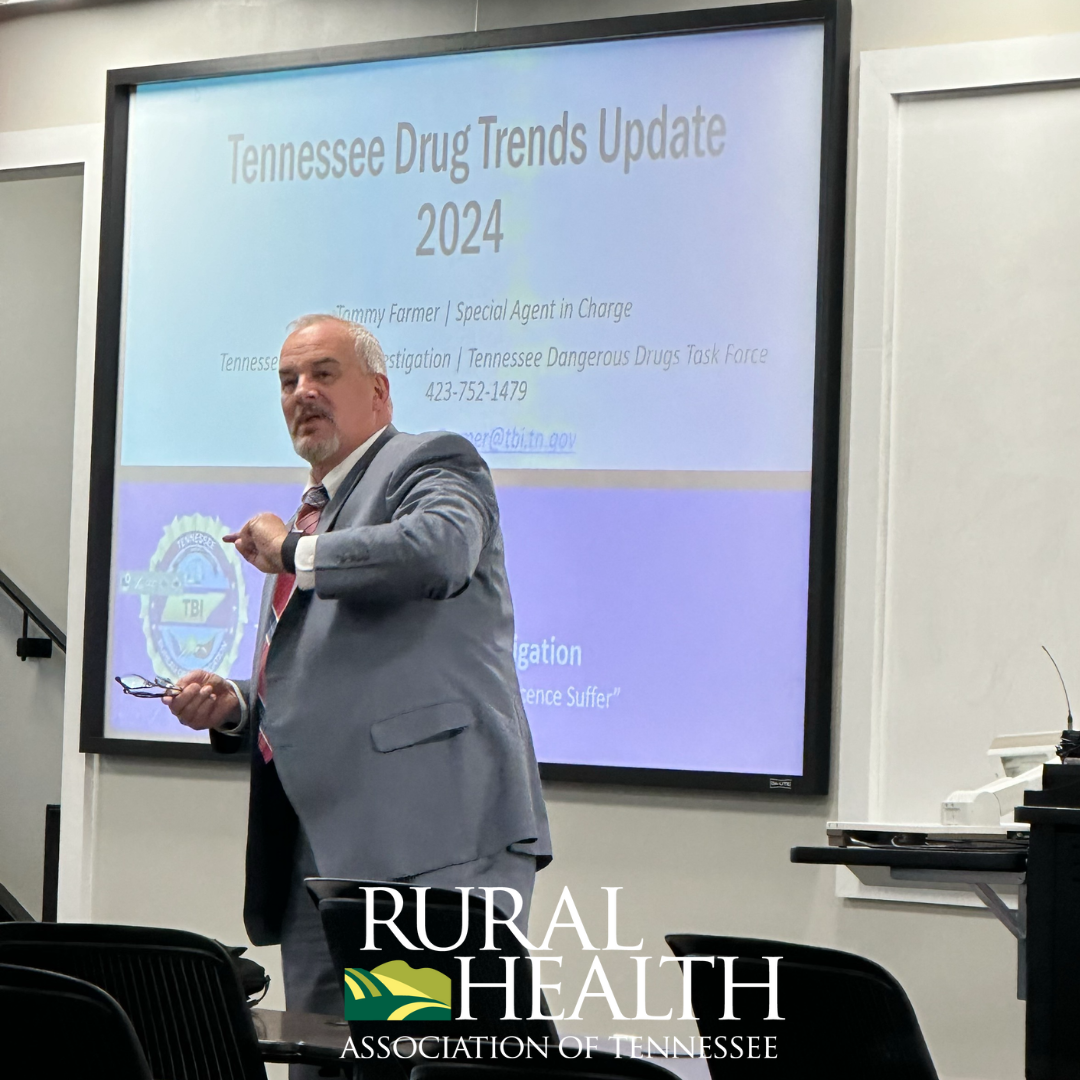 Our 2024 Spring Regional events are in swing! Tuesday, March 19th, we had the opportunity to host our regional event at East Tennessee University and see our east region members. Members had the opportunity to h
Our 2024 Spring Regional events are in swing! Tuesday, March 19th, we had the opportunity to host our regional event at East Tennessee University and see our east region members. Members had the opportunity to h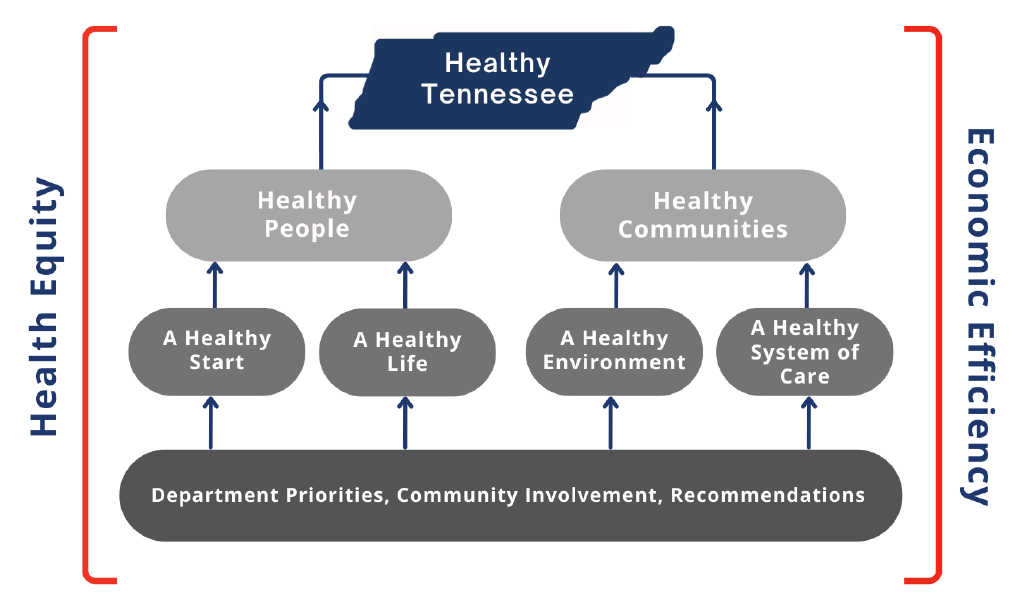 The 2024-2026 State Health Plan seeks to provide a pathway for achieving the Department’s vision: Healthy People, Healthy Communities, Healthy Tennessee.
The 2024-2026 State Health Plan seeks to provide a pathway for achieving the Department’s vision: Healthy People, Healthy Communities, Healthy Tennessee.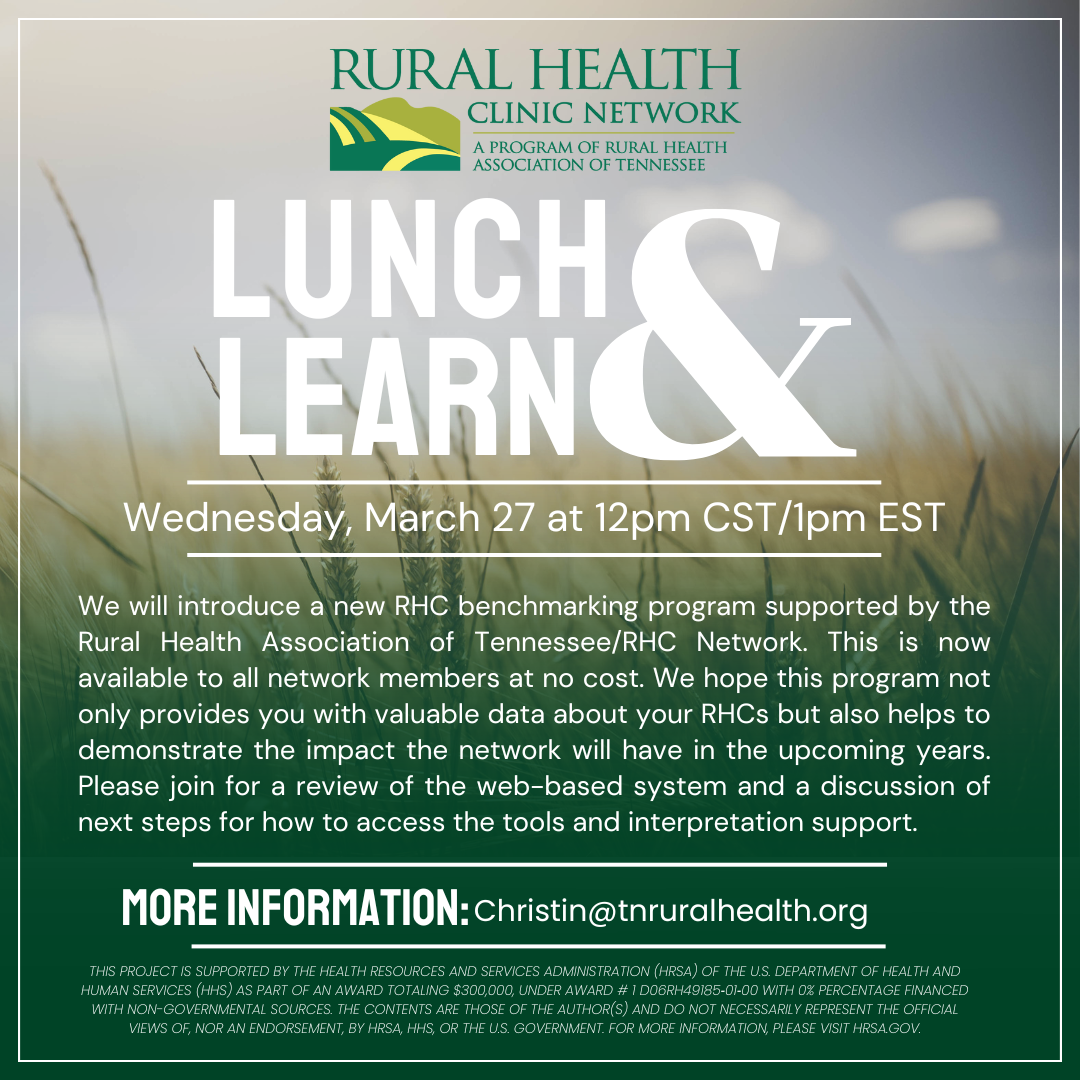 Please join us for our next Lunch and Learn Session on Wednesday, March 27 at 12pm CST/1pm EST where we will introduce a new RHC benchmarking program supported by the Rural Health Association of Tennessee/RHC Network. This is now available to all network members at no cost. We hope this program not only provides you with valuable data about your RHCs but also helps to demonstrate the impact the network will have in the upcoming years.
Please join us for our next Lunch and Learn Session on Wednesday, March 27 at 12pm CST/1pm EST where we will introduce a new RHC benchmarking program supported by the Rural Health Association of Tennessee/RHC Network. This is now available to all network members at no cost. We hope this program not only provides you with valuable data about your RHCs but also helps to demonstrate the impact the network will have in the upcoming years. 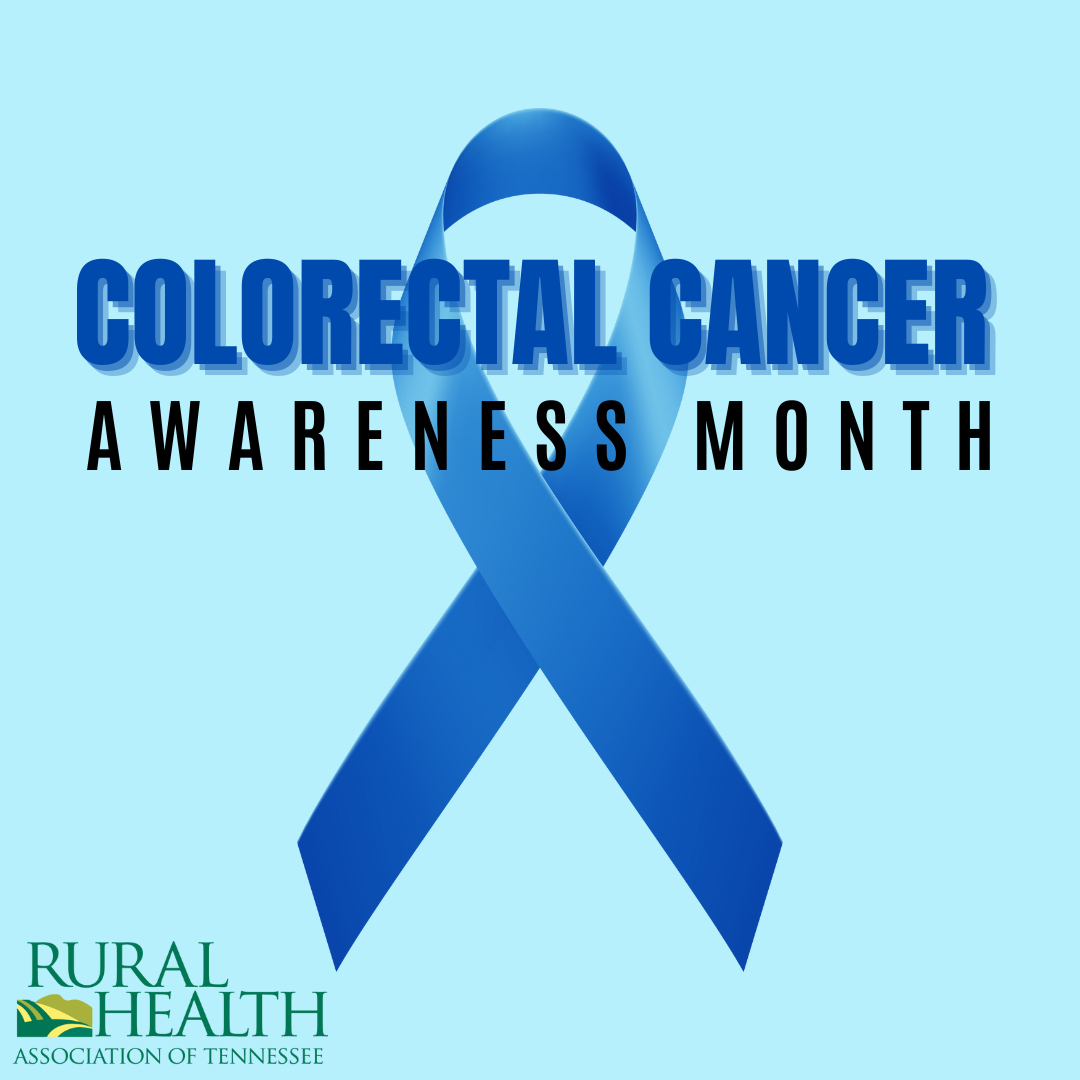 Colorectal Cancer Awareness Month, observed annually in March, serves as a crucial reminder of the importance of understanding and preventing colorectal cancer, which is one of the most common cancers worldwide. This month-long campaign aims to raise awareness about colorectal cancer risk factors, symptoms, screening options, and preventive measures. Through education and advocacy efforts, individuals are encouraged to take proactive steps to reduce their risk of developing colorectal cancer and to promote early detection through regular screenings.
Colorectal Cancer Awareness Month, observed annually in March, serves as a crucial reminder of the importance of understanding and preventing colorectal cancer, which is one of the most common cancers worldwide. This month-long campaign aims to raise awareness about colorectal cancer risk factors, symptoms, screening options, and preventive measures. Through education and advocacy efforts, individuals are encouraged to take proactive steps to reduce their risk of developing colorectal cancer and to promote early detection through regular screenings.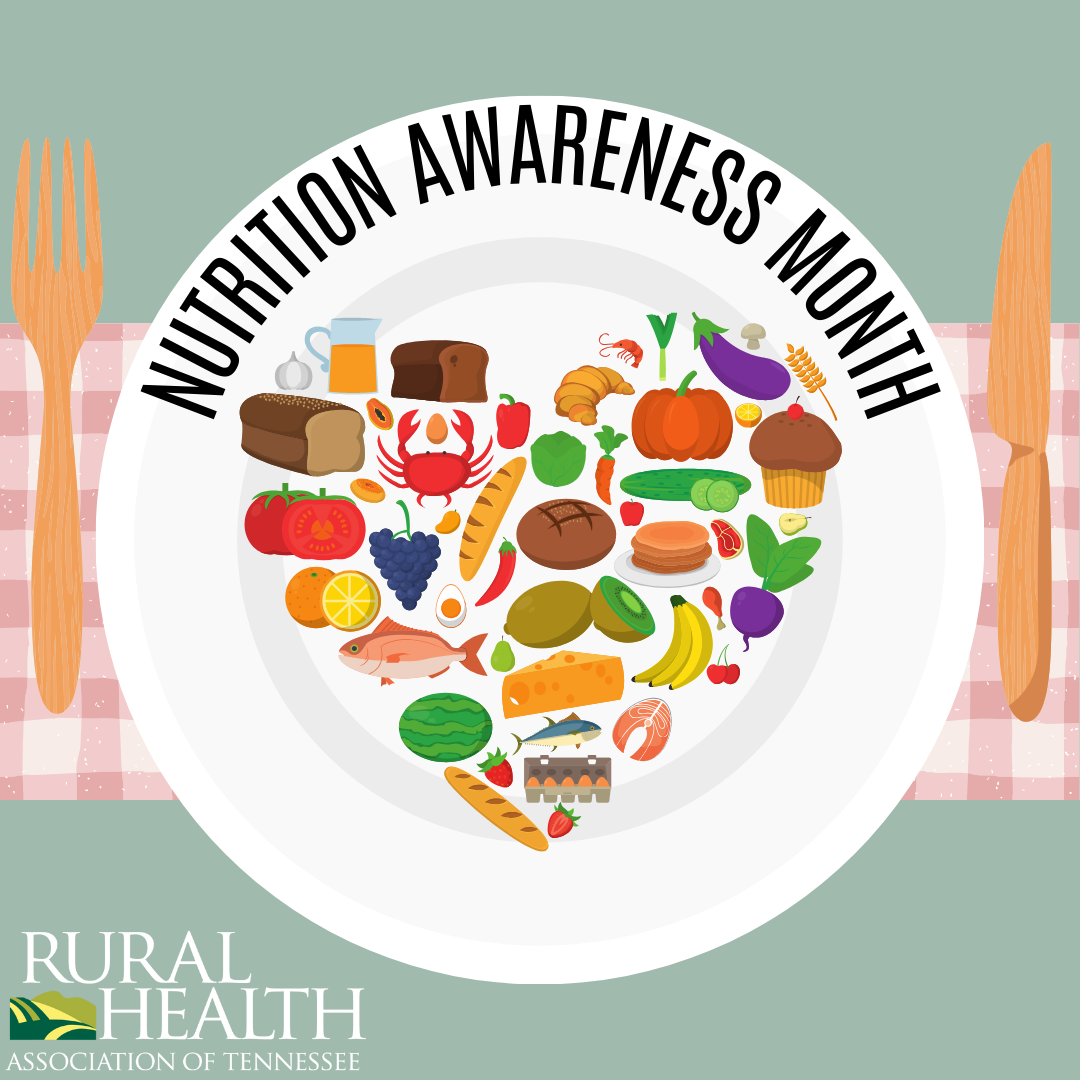 In the United States, food security remains a pressing issue, with millions of individuals and families facing challenges in accessing affordable and nutritious food. Rural areas, in particular, often bear the brunt of food insecurity due to limited access to grocery stores, fewer transportation options, and lower incomes compared to urban counterparts. These challenges are exacerbated by factors such as geographic isolation, limited employment opportunities, and reliance on agriculture, which can be susceptible to fluctuations in crop yields and market prices.
In the United States, food security remains a pressing issue, with millions of individuals and families facing challenges in accessing affordable and nutritious food. Rural areas, in particular, often bear the brunt of food insecurity due to limited access to grocery stores, fewer transportation options, and lower incomes compared to urban counterparts. These challenges are exacerbated by factors such as geographic isolation, limited employment opportunities, and reliance on agriculture, which can be susceptible to fluctuations in crop yields and market prices.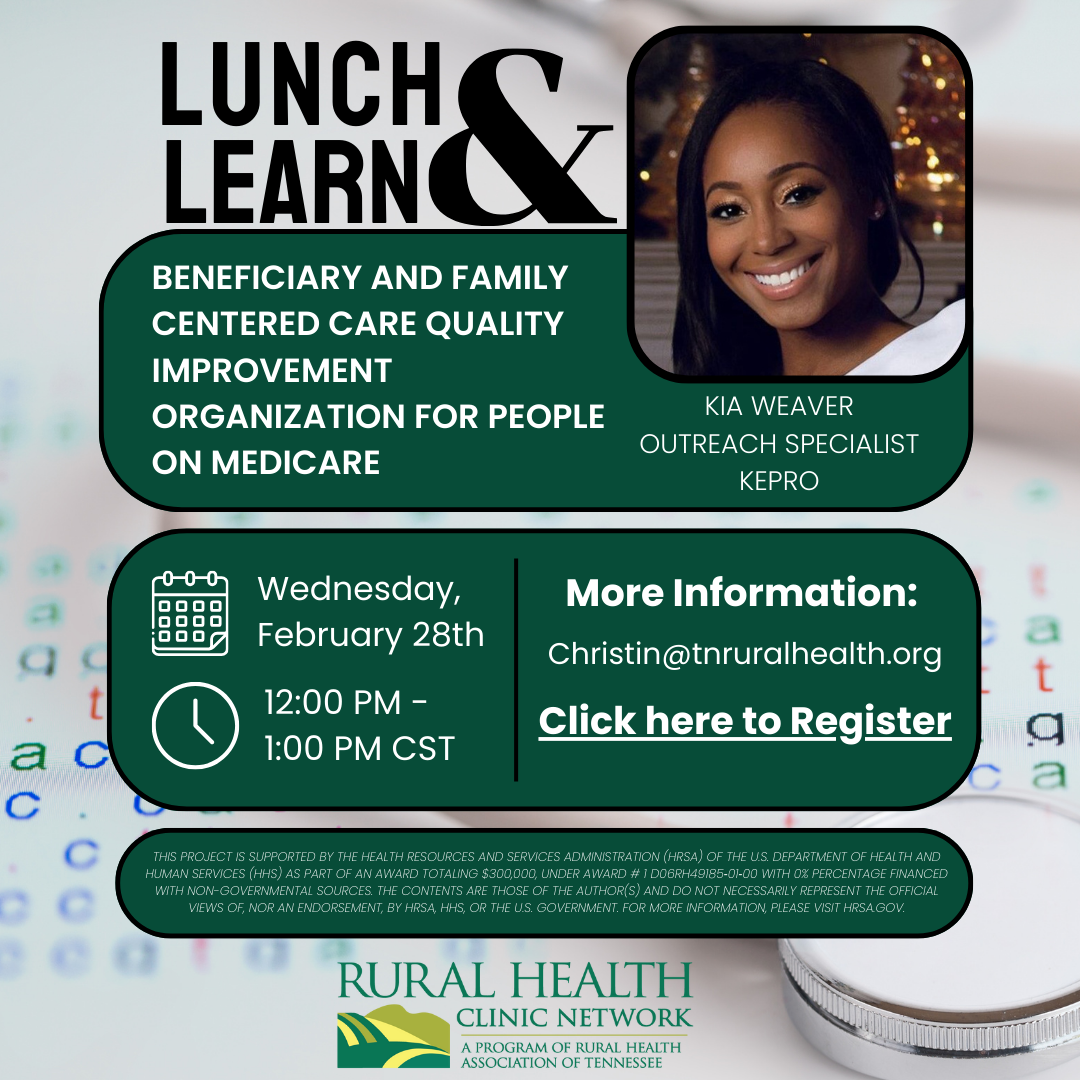 Join us February 28th, 2024 at 12:00 PM CST, for our monthly Rural Health Clinic lunch and learn webinar. This month's guest will be Kia Weaver, Outreach Specialist, with Kepro.
Join us February 28th, 2024 at 12:00 PM CST, for our monthly Rural Health Clinic lunch and learn webinar. This month's guest will be Kia Weaver, Outreach Specialist, with Kepro. 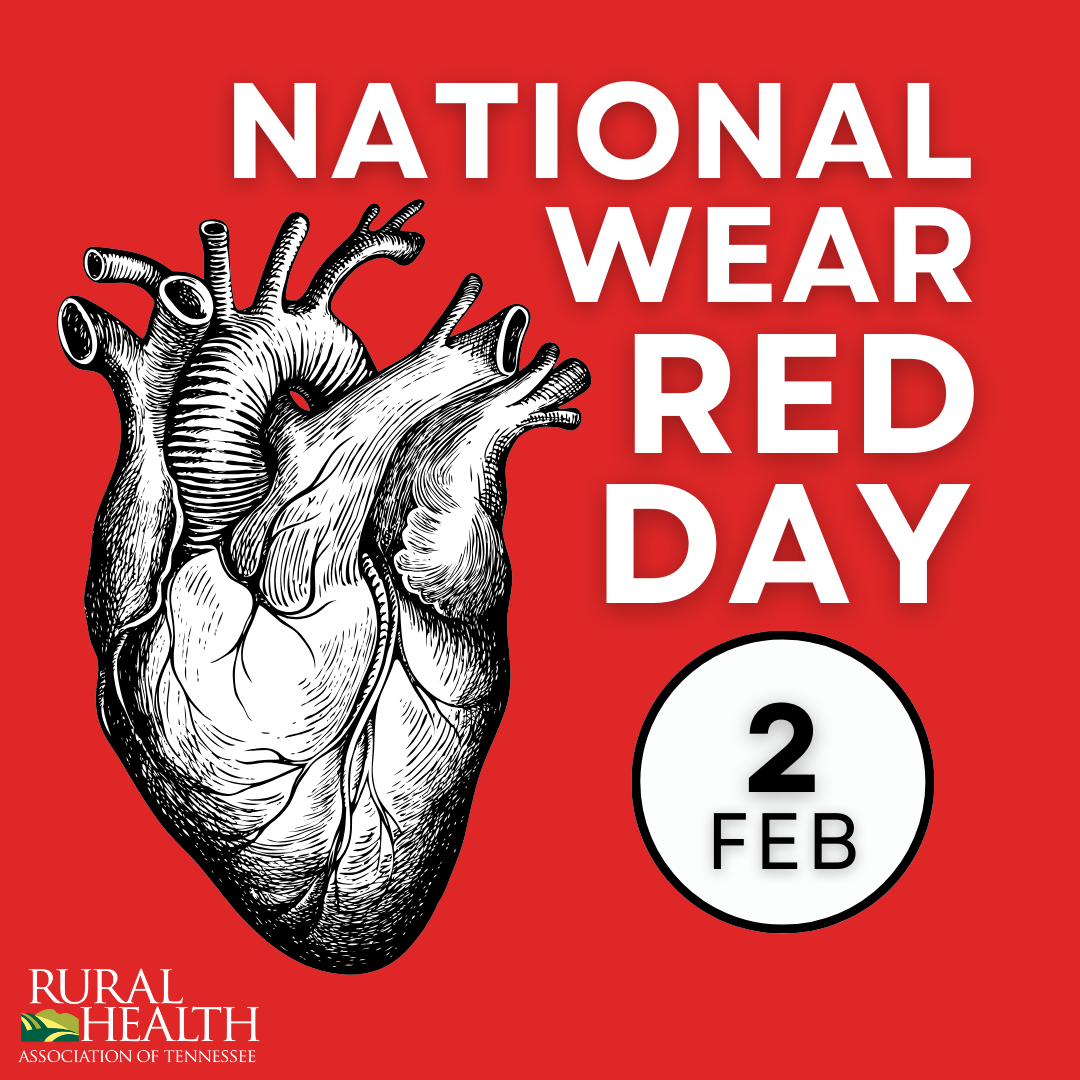 February is recognized as American Heart Month, a dedicated period to raise awareness about heart health and encourage individuals to adopt heart-healthy lifestyles. Cardiovascular diseases remain a leading cause of death globally, and American Heart Month serves as an important opportunity to educate the public about the risk factors associated with heart disease and the preventive measures that can be taken. During this month, various organizations, healthcare professionals, and communities come together to promote heart health through events, campaigns, and educational initiatives.
February is recognized as American Heart Month, a dedicated period to raise awareness about heart health and encourage individuals to adopt heart-healthy lifestyles. Cardiovascular diseases remain a leading cause of death globally, and American Heart Month serves as an important opportunity to educate the public about the risk factors associated with heart disease and the preventive measures that can be taken. During this month, various organizations, healthcare professionals, and communities come together to promote heart health through events, campaigns, and educational initiatives.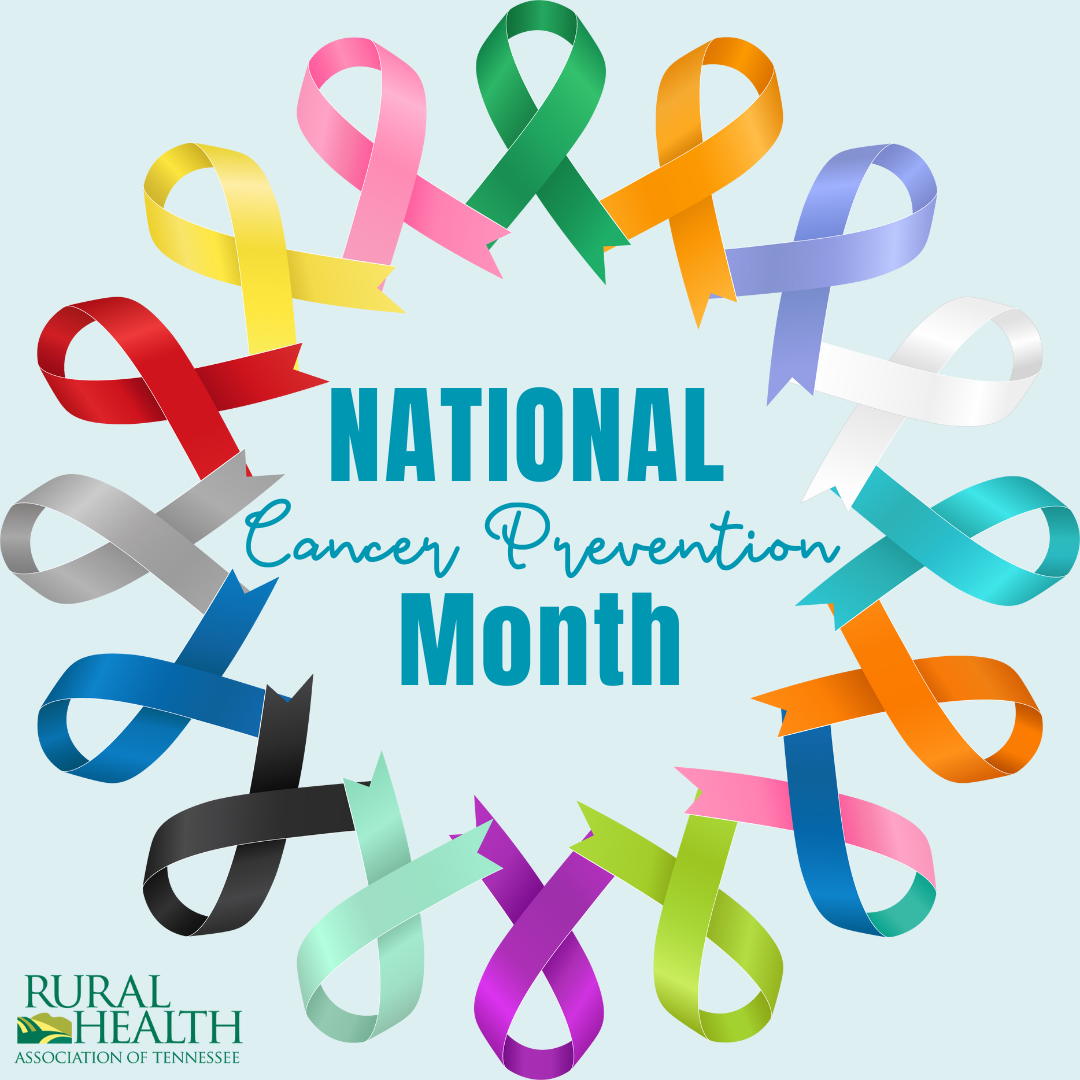 National Cancer Prevention Month, observed every February, is a crucial awareness initiative that underscores the significance of proactive measures in reducing the risk of cancer. This month serves as a platform to educate individuals about lifestyle choices, early detection, and regular screenings that can contribute to preventing various types of cancer. By promoting healthy behaviors such as maintaining a balanced diet, engaging in regular physical activity, avoiding tobacco and excessive alcohol consumption, individuals can significantly lower their risk of developing cancer.
National Cancer Prevention Month, observed every February, is a crucial awareness initiative that underscores the significance of proactive measures in reducing the risk of cancer. This month serves as a platform to educate individuals about lifestyle choices, early detection, and regular screenings that can contribute to preventing various types of cancer. By promoting healthy behaviors such as maintaining a balanced diet, engaging in regular physical activity, avoiding tobacco and excessive alcohol consumption, individuals can significantly lower their risk of developing cancer.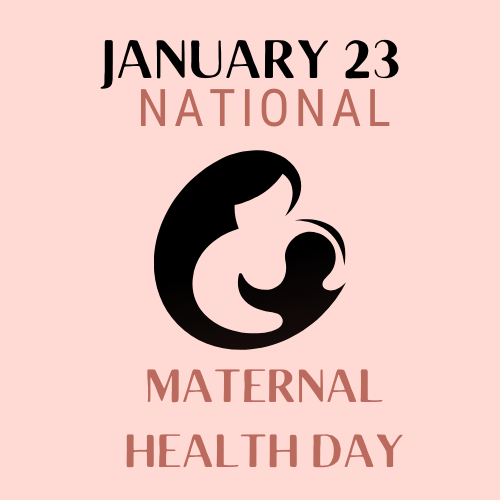 Maternal health is a critical aspect of overall well-being, and its significance is particularly pronounced in rural communities. In these areas, access to quality healthcare resources is often limited, posing unique challenges for pregnant women and new mothers. The lack of easily accessible healthcare facilities, skilled professionals, and educational programs can lead to delayed or inadequate prenatal care, increasing the risk of complications during pregnancy and childbirth. Addressing maternal health in rural communities is essential for ensuring the health and survival of both mothers and their newborns.
Maternal health is a critical aspect of overall well-being, and its significance is particularly pronounced in rural communities. In these areas, access to quality healthcare resources is often limited, posing unique challenges for pregnant women and new mothers. The lack of easily accessible healthcare facilities, skilled professionals, and educational programs can lead to delayed or inadequate prenatal care, increasing the risk of complications during pregnancy and childbirth. Addressing maternal health in rural communities is essential for ensuring the health and survival of both mothers and their newborns.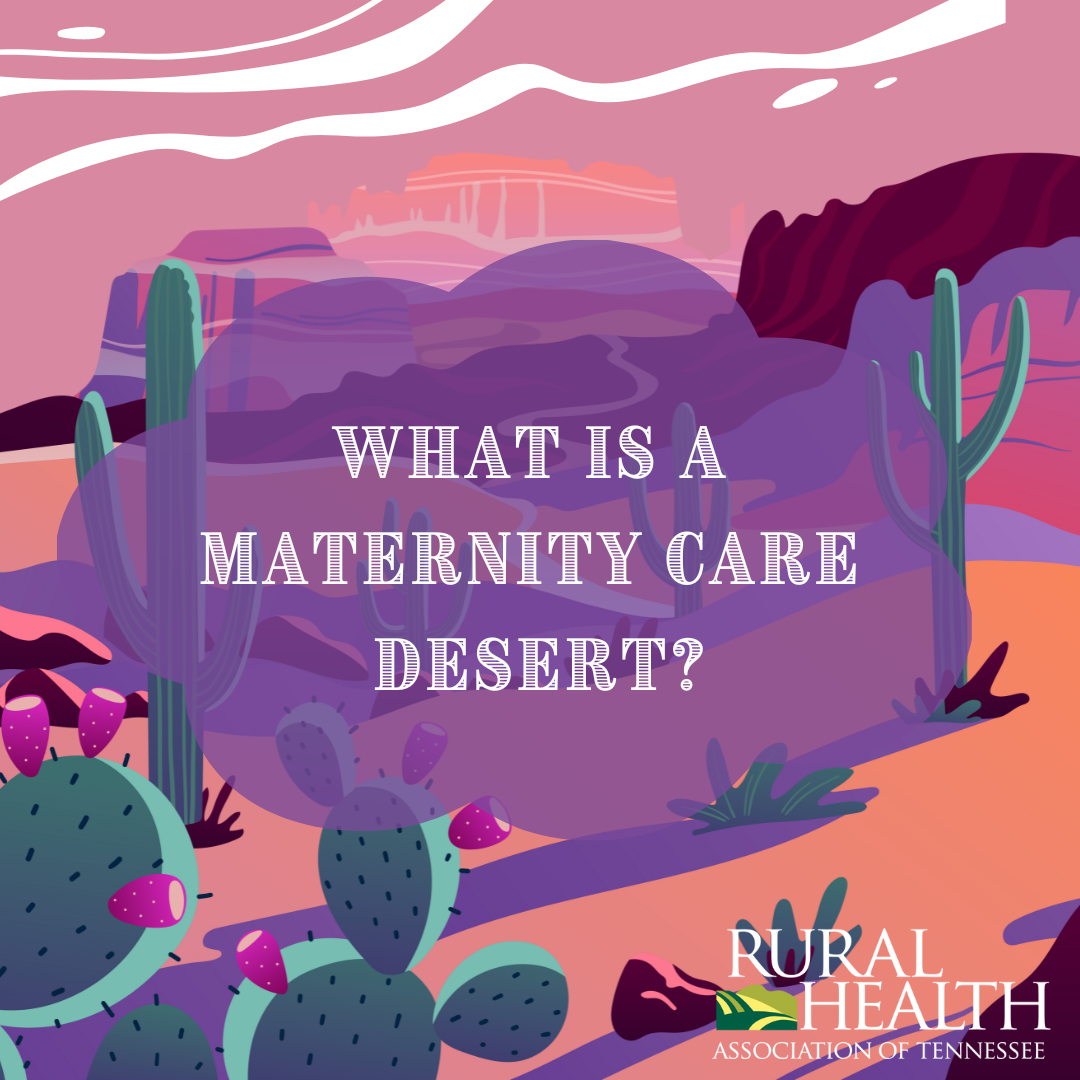 Maternity care deserts pose a significant challenge to rural Tennesseans, where access to comprehensive maternal healthcare services is often limited. In these areas, the shortage of obstetricians, gynecologists, and maternity care facilities creates what are essentially maternity care deserts. Pregnant individuals in rural Tennessee face increased difficulties in finding accessible and timely prenatal care, essential for monitoring the health of both mother and baby throughout pregnancy. The absence of nearby obstetric care providers in these deserts contributes to delayed or inadequate medical attention, leading to potential complications during pregnancy and childbirth.
Maternity care deserts pose a significant challenge to rural Tennesseans, where access to comprehensive maternal healthcare services is often limited. In these areas, the shortage of obstetricians, gynecologists, and maternity care facilities creates what are essentially maternity care deserts. Pregnant individuals in rural Tennessee face increased difficulties in finding accessible and timely prenatal care, essential for monitoring the health of both mother and baby throughout pregnancy. The absence of nearby obstetric care providers in these deserts contributes to delayed or inadequate medical attention, leading to potential complications during pregnancy and childbirth.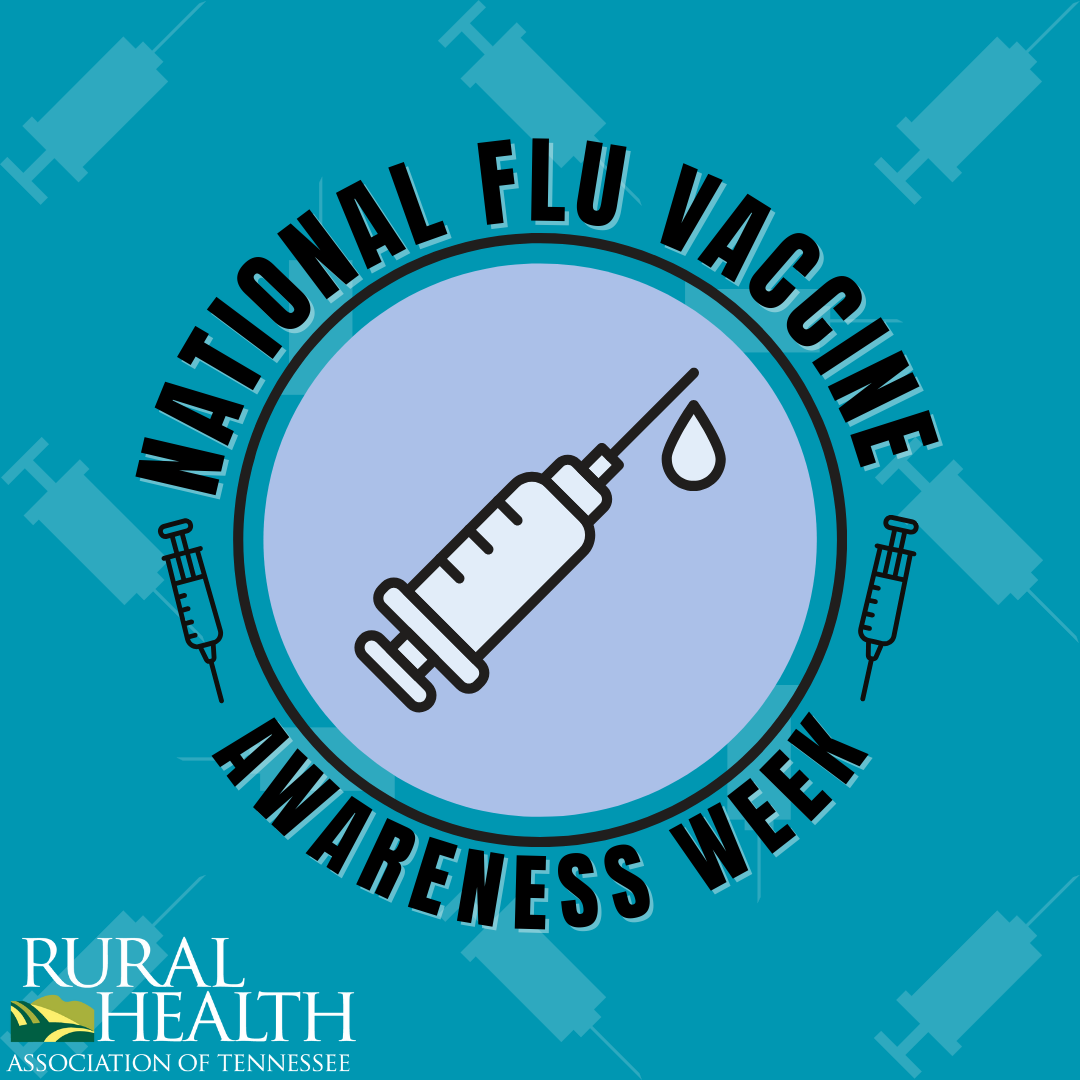 Vaccine hesitancy in rural areas often stems from a combination of factors, including distrust in healthcare systems, concerns about vaccine safety, and the influence of tight-knit community networks. National Flu Vaccine Awareness Week provides an opportunity to engage local leaders, community influencers, and healthcare providers in initiating conversations about the importance of vaccination. By fostering open and transparent communication, public health campaigns can work towards dispelling myths and addressing specific concerns that contribute to hesitancy, ultimately building trust and encouraging higher vaccine uptake.
Vaccine hesitancy in rural areas often stems from a combination of factors, including distrust in healthcare systems, concerns about vaccine safety, and the influence of tight-knit community networks. National Flu Vaccine Awareness Week provides an opportunity to engage local leaders, community influencers, and healthcare providers in initiating conversations about the importance of vaccination. By fostering open and transparent communication, public health campaigns can work towards dispelling myths and addressing specific concerns that contribute to hesitancy, ultimately building trust and encouraging higher vaccine uptake.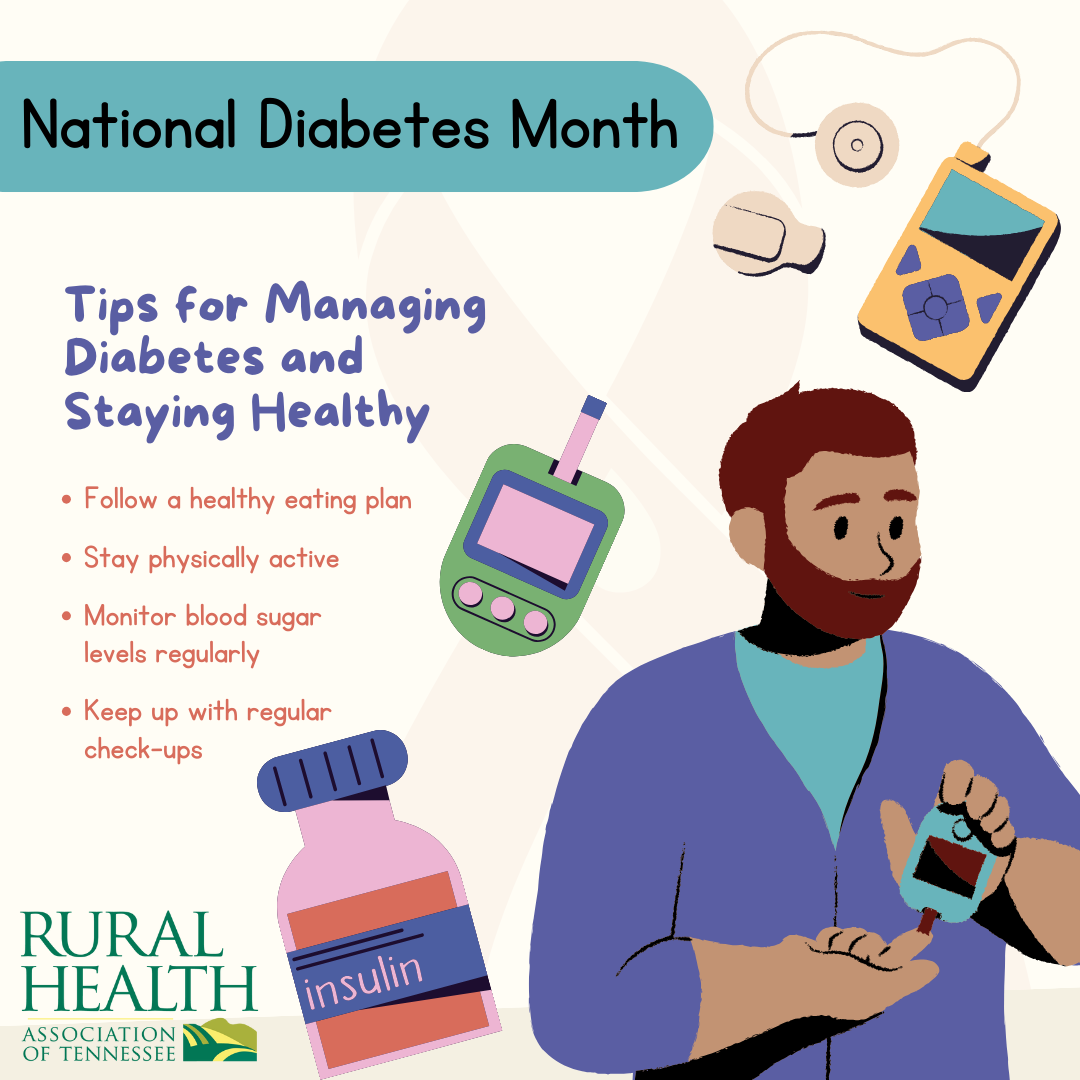 Diabetes presents a growing health challenge in rural areas, shedding light on the importance of increased awareness and targeted interventions. In many rural communities, limited access to healthcare facilities, lower socioeconomic status, and a lack of public awareness compound the difficulties of managing diabetes. Routine health check-ups are often scarce, making early detection and monitoring of diabetes less likely. Risk factors such as poor dietary choices and limited opportunities for physical activity in rural areas can contribute to the higher incidence of diabetes. It is crucial to raise awareness about diabetes in these regions to help individuals understand the disease, its risk factors, and the resources available for prevention and management.
Diabetes presents a growing health challenge in rural areas, shedding light on the importance of increased awareness and targeted interventions. In many rural communities, limited access to healthcare facilities, lower socioeconomic status, and a lack of public awareness compound the difficulties of managing diabetes. Routine health check-ups are often scarce, making early detection and monitoring of diabetes less likely. Risk factors such as poor dietary choices and limited opportunities for physical activity in rural areas can contribute to the higher incidence of diabetes. It is crucial to raise awareness about diabetes in these regions to help individuals understand the disease, its risk factors, and the resources available for prevention and management.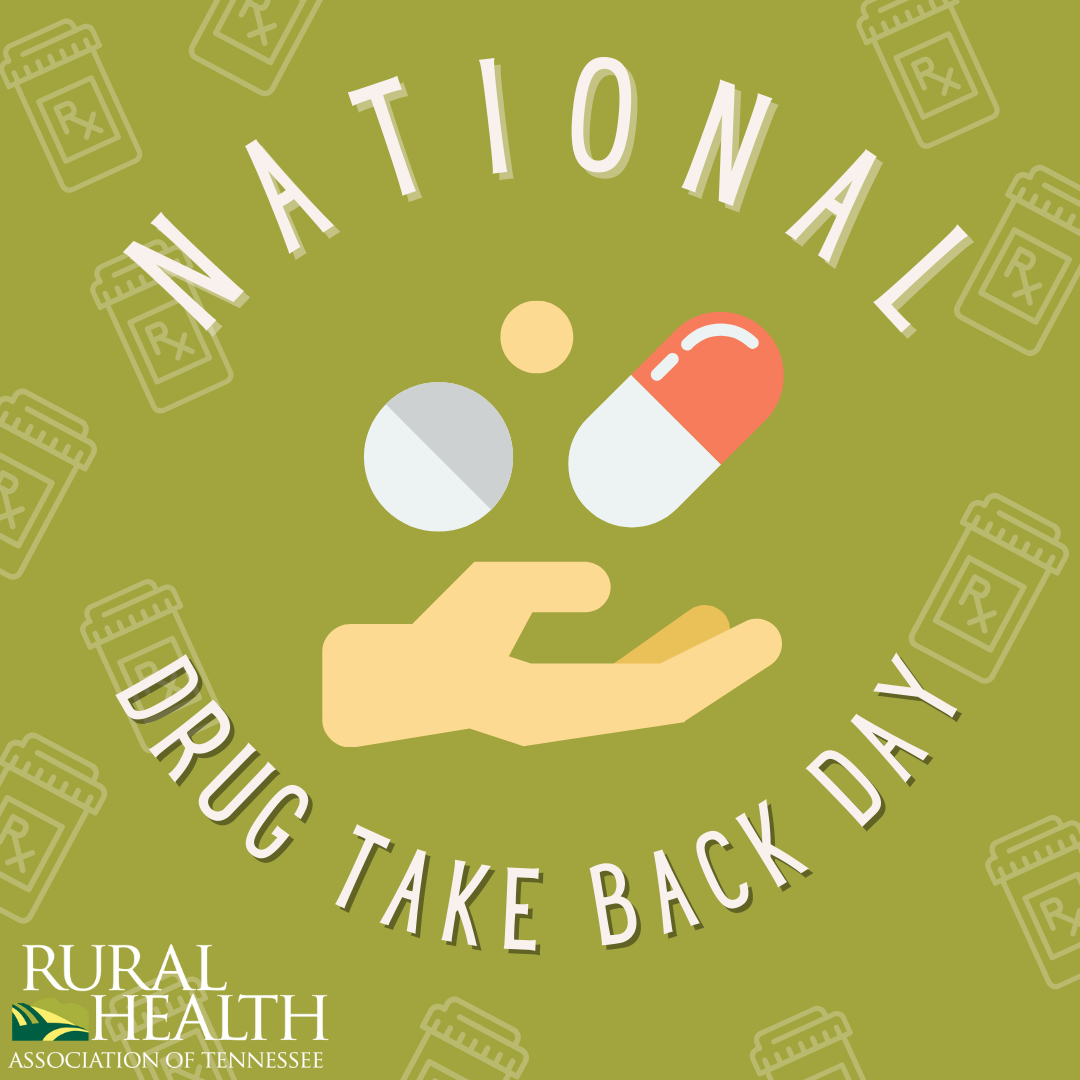 October 28th is recognized as National Drug Take Back Day.
October 28th is recognized as National Drug Take Back Day.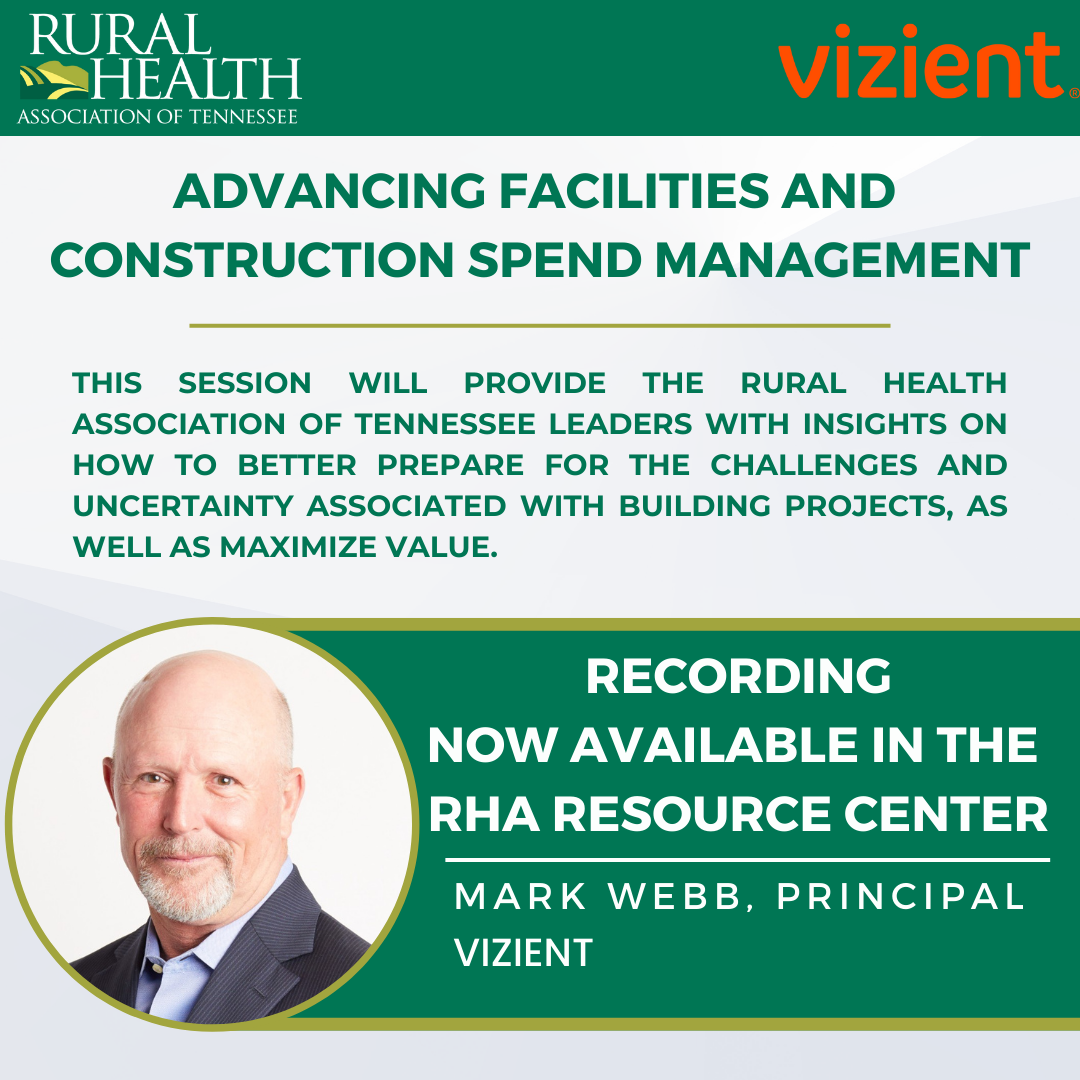
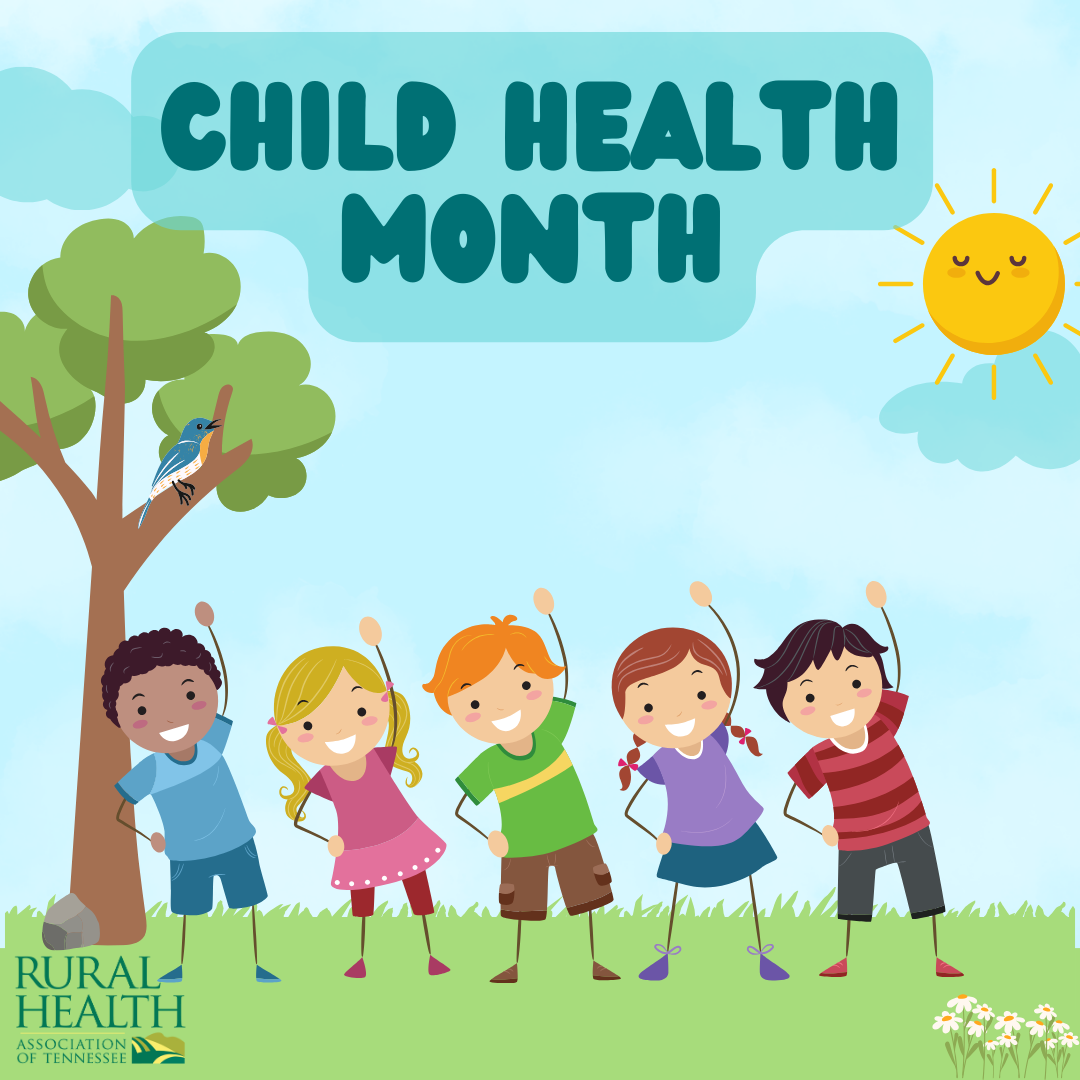 This October we would like to send a thank you to all our members fighting for a healthier Tennesse for our youth. Child Health Month in Tennessee is a significant annual observance dedicated to raising awareness and advocating for the well-being of children in the state. Throughout the month of October, we ask everyone to join is in promoting a healthier lifestyle and preventive healthcare measures, such as vaccinations, regular check-ups, proper nutrition, and sharing mental health resources to ensure that children in Tennessee are able to have a long healthy life.
This October we would like to send a thank you to all our members fighting for a healthier Tennesse for our youth. Child Health Month in Tennessee is a significant annual observance dedicated to raising awareness and advocating for the well-being of children in the state. Throughout the month of October, we ask everyone to join is in promoting a healthier lifestyle and preventive healthcare measures, such as vaccinations, regular check-ups, proper nutrition, and sharing mental health resources to ensure that children in Tennessee are able to have a long healthy life.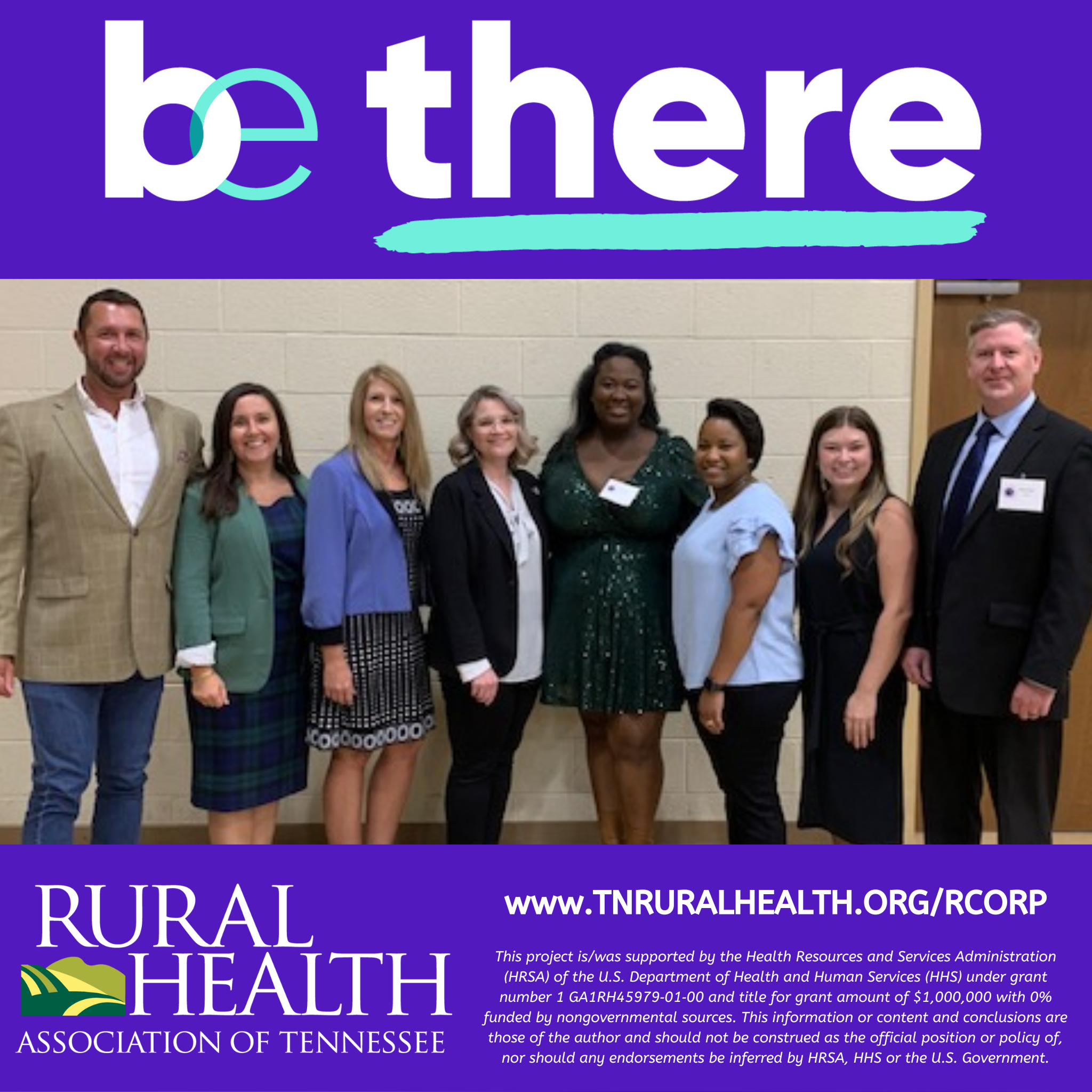
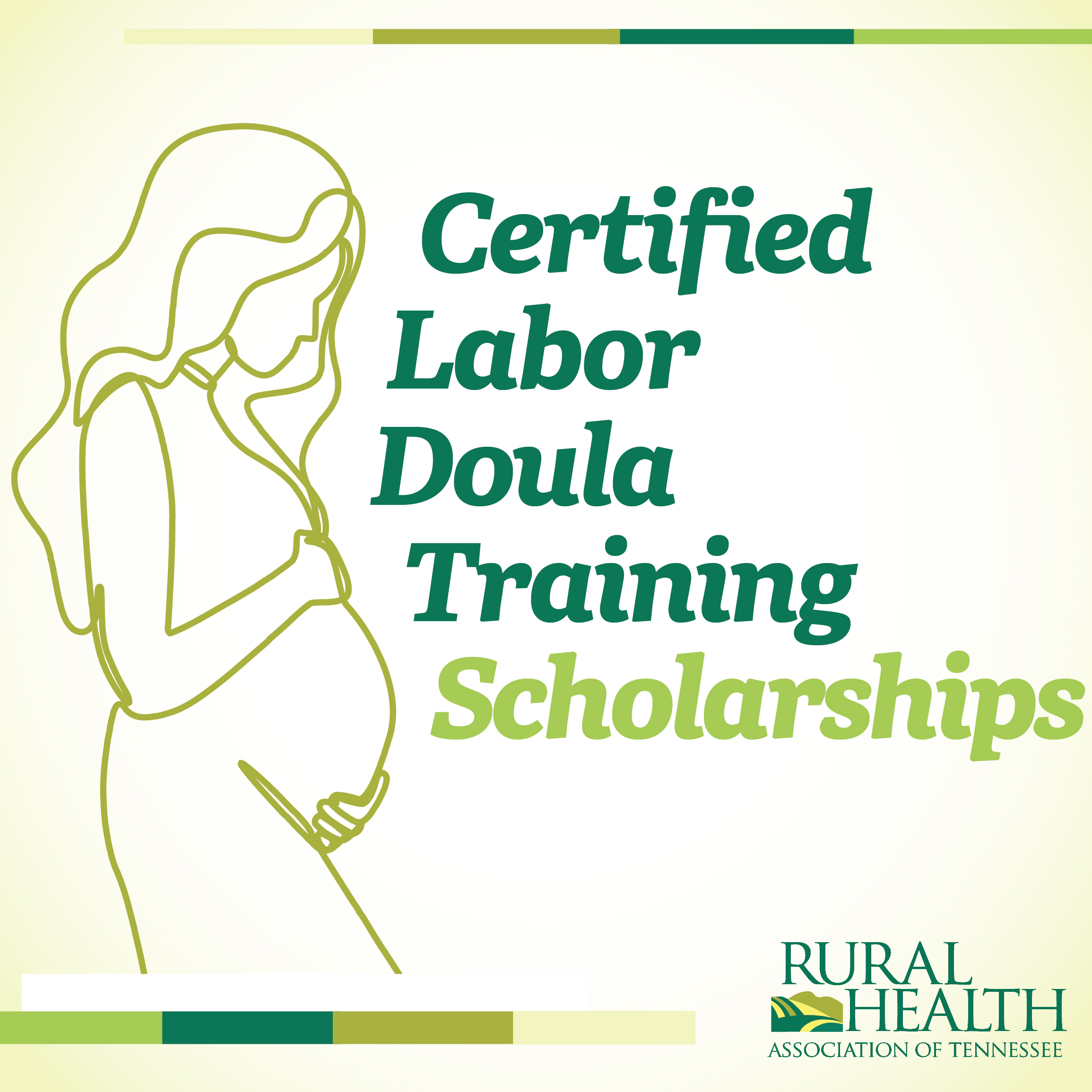 The Role of a Certified Labor Doula
The Role of a Certified Labor Doula